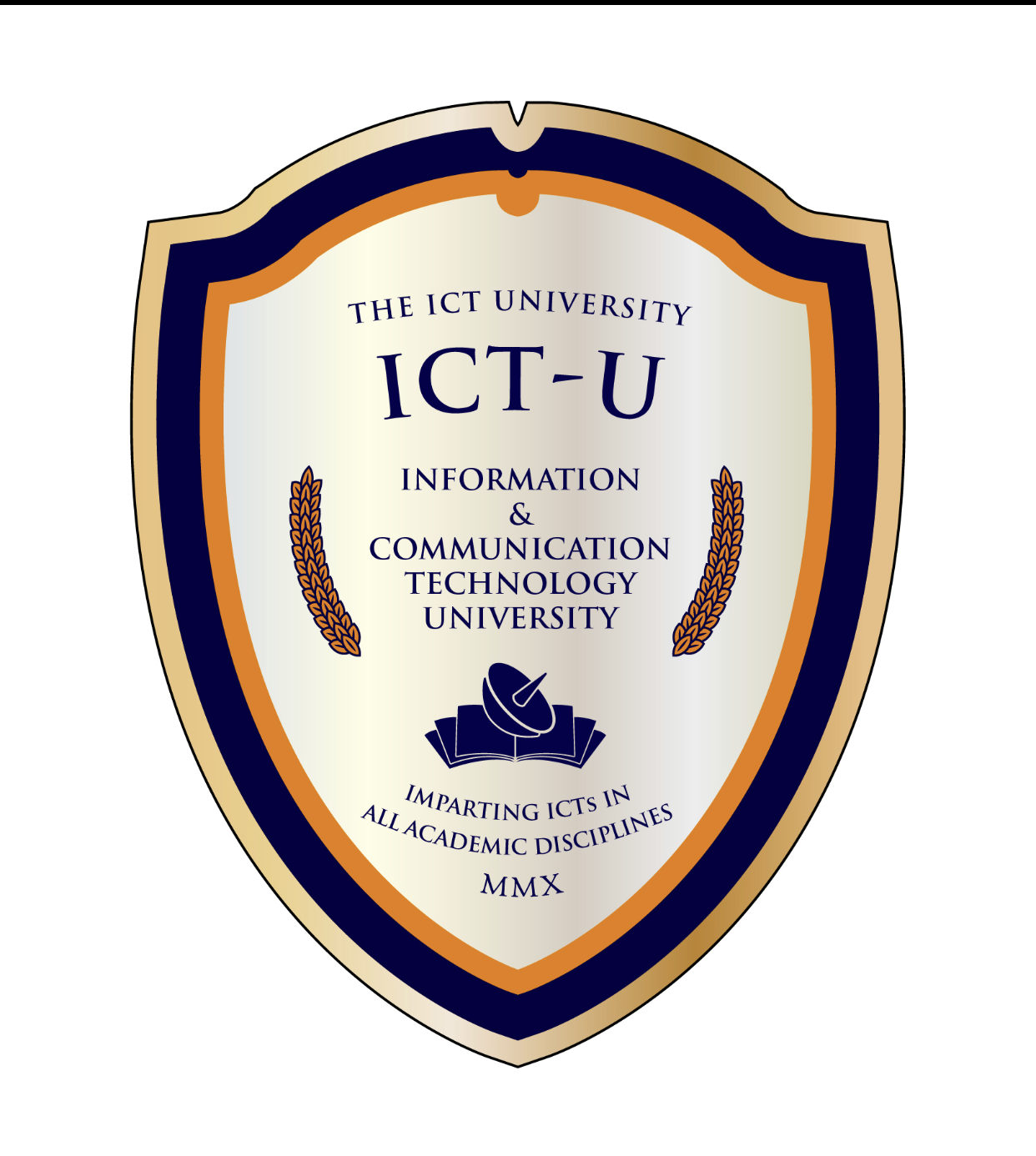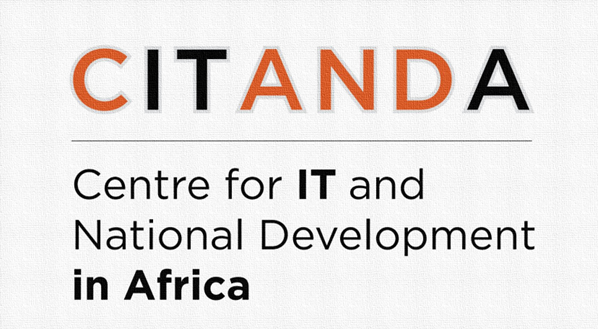Policies
Contents
- Philosophy of The African Journal of Information Systems
- Who Can Submit?
- General Submission Rules
- Formatting Requirements
- General Submission Rules
- Formatting Requirements
- Rights for Authors and DigitalCommons@Kennesaw State University
Philosophy of The African Journal of Information Systems
For more information, please see The African Journal of Information Systems Aims and Scope page.
Who Can Submit?
Anyone may submit an original article to be considered for publication in The African Journal of Information Systems provided he or she owns the copyright to the work being submitted or is authorized by the copyright owner or owners to submit the article. Authors are the initial owners of the copyrights to their works (an exception in the non-academic world to this might exist if the authors have, as a condition of employment, agreed to transfer copyright to their employer).
Statement of Peer Review
The AJIS regards reviewing as an integral aspect of the scientific publication process. As such, all reviews are conducted by expertly selected reviewers from a global database of academic professionals. The publication of a scholarly submission is determined by its relevance to the AJIS’ primary focus, an assessment of the research’s strength and weaknesses, and its adherence to the journal’s provided template. The intent of these qualifications is to produce scientific articles that contribute professionally conducted research to the field in a manner that is constructive, comprehensible, and, above all else, educational. The peer review process at AJIS is double-blind. Authors must remove all author references from the body of the paper before submitting via Digital Commons; the editorial team confirms the same. The blind manuscript is sent to reviewers. Upon receiving two reviews per paper, the manuscript is then forwarded to an associate editor. The associate editor considers the reviewer’s input and her/his assessment and decides to accept, revise, or reject the submission. Rejected papers are automatically removed from the submission process. Accepted papers are sent to the editorial team for technical editing and publication.
Statement of Ethics and Publication Malpractice
All research submitted to the AJIS is required to be conducted with integrity; any signs of plagiarism, conflicts of interest, or general misconduct will result in a rejection. Research must be conducted lawfully and in full compliance with all local, national, ethical, and regulatory principles. Editors and reviewers are required to be informed of the relevant field’s current developments in order to maintain up-to-date standards of academic research. Any and all external sources of revenue (e.g., author fees, subscriptions, advertising, institutional support, and organizational support) are to be clearly defined and have no influence on the editorial board’s decisions.
General Submission Rules
AJIS employs a double blind peer review process. Papers considered will have an African focus and will fall under three major categories:
1. Research Articles: These are full length articles grounded in theory. In these articles, the fundamental objective of the authors is to conduct empirical or conceptualize work that confirms or extends existing theories and/or develops new theories.
2. Commentaries and Cases: Commentaries are short articles that critique, extend or comment on research previously published in peer reviewed sources—particularly on issues relating to ICT in Africa. For example, an article could critique the methodology, perspectives or biases/assumptions evident in dominant research on privatization of ICTs in Africa. These articles could also present real-world cases of innovative implementation of established theories, processes and ICT applications. Commentaries and cases must be research-based and not mere opinions of the author. This article would typically be shorter than research articles and discuss incremental findings or actual experiences from the ICT field.
3. Teaching Notes: One of the primary missions of AJIS is to contribute to the advancement of ICT education in Africa. To this end, the journal will remain receptive to considering significant research relevant to the teaching, pedagogy and learning of ICT within the socio-cultural context of Africa.
Submitted articles cannot have been previously published, nor be forthcoming in an archival journal or book (print or electronic). Please note: "publication" in a working-paper series does not constitute prior publication. In addition, by submitting material to The African Journal of Information Systems, the author is stipulating that the material is not currently under review at another journal (electronic or print) and that he or she will not submit the material to another journal (electronic or print) until the completion of the editorial decision process at The African Journal of Information Systems.
To this end, and also concerning the integrity of any submission that AJIS receives from prospective authors, AJIS is guided by the research code of conduct published by the Association of Information Systems (AIS). A copy of these codes of research conduct can be accessed at: aisnet.org/resource/resmgr/Admin_Bulletin/AIS_Code_of_Research_Conduct.pdf. You may need to visit the Association of Information System’s website at www.aisnet.org for more recent versions of these codes of research conduct.
If you have concerns about the submission terms for The African Journal of Information Systems, please contact the editors.
Formatting Requirements
The African Journal of Information Systems has rules governing the formatting of articles upon initial and final submission. See Final Manuscript Preparation Guidelines for details. Although bepress can provide limited technical support, it is ultimately the responsibility of the author to produce an electronic version of the article as a high-quality PDF (Adobe's Portable Document Format) file, or a Microsoft Word, WordPerfect or RTF file that can be converted to a PDF file.
It is understood that the current state of technology of Adobe's Portable Document Format (PDF) is such that there are no, and can be no, guarantees that documents in PDF will work perfectly with all possible hardware and software configurations that readers may have.
Rights for Authors and DigitalCommons@Kennesaw State University
As further described in our submission agreement (the Submission Agreement), in consideration for publication of the article, the authors assign to DigitalCommons@Kennesaw State University all copyright in the article, subject to the Creative Commons Attribution 4.0 International License (CC BY 4.0) described below.
Attribution and Usage Policies
Authors who publish with this journal agree to the following terms:
The African Journal of Information Systems applies a Creative Commons Attribution 4.0 International License (CC BY 4.0) to all publications. This license allows Authors and Readers to Share (copy and redistribute the material in any medium or format) and Adapt (remix, transform, and build upon the material) for any purpose, even commercially. The licensor cannot revoke these freedoms as long as you follow the license terms.
Under the following terms:
Attribution — Users must give appropriate credit, provide a link to the license and the original article, and indicate if changes were made. You may do so in any reasonable manner, but not in any way that suggests the licensor endorses you or your use.
No additional restrictions — Users may not apply legal terms or technological measures that legally restrict others from doing anything the license permits.
For further questions, please contact the editors or visit the Creative Commons website.
General Terms and Conditions of Use
Users of the DigitalCommons@Kennesaw State University website and/or software agree not to misuse the DigitalCommons@Kennesaw State University service or software in any way.
The failure of DigitalCommons@Kennesaw State University to exercise or enforce any right or provision in the policies or the Submission Agreement does not constitute a waiver of such right or provision. If any term of the Submission Agreement or these policies is found to be invalid, the parties nevertheless agree that the court should endeavor to give effect to the parties' intentions as reflected in the provision, and the other provisions of the Submission Agreement and these policies remain in full force and effect. These policies and the Submission Agreement constitute the entire agreement between DigitalCommons@Kennesaw State University and the Author(s) regarding submission of the Article.


